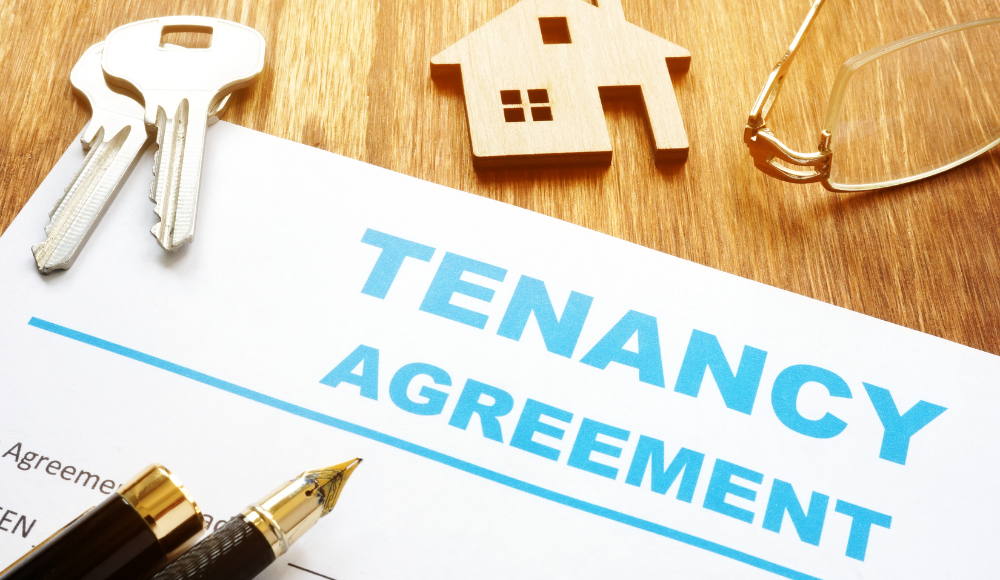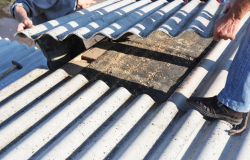How Queensland’s New Rental Laws Affect Owners
Queensland has seen some significant changes take place in the rental laws as of October 1st, 2022. If you are an investment property owner, these changes can have major implications if you have not had a property inspection or undertaken necessary maintenance in recent times. Find out how these laws affect your investment:
New End of Tenancy Laws:
Under the changes to the end of tenancy laws, tenants are now able to end their lease if:
- the property is not in a good state of repair
- the owner has failed to comply with a repair order
- if a co-tenant passes away
- if the student in student housing is no longer a student
These changes highlight your responsibility as the owner to maintain your investment property and repair defects. Non-compliance now has greater implications- loss of tenancy, which can equate to a significant financial loss. Most owners do the right thing and fix defects when they arise, but some are overlooked due to reasons beyond their control, such as poor performance of property managers.
To reduce this risk, having a property inspection or a building defect assessment done by a professional allows for full transparency. This report will highlight any urgent defects needing to be rectified. Defects can be from either wear and tear of a previous or existing tenant which has been overlooked or naturally occurring from the age of the building.
This report may also reveal any future defects that can be rectified now before they become a problem. It allows the owner transparency before entering a new lease or managing an existing one. This protects your investment from loss of tenancy and reduces the risk of any minor issues that are left unattended becoming more expensive repairs down the track.
Repair Orders
Tenants are now able to submit a repair order to the Queensland Civil and Administrative Tribunal (QCAT) if the repair request with the property manager has surpassed a reasonable time frame. This scenario comes with its own consequences:
- the tenant is able to vacate if the repair is not completed by the deadline.
- The repair order remains against the property until it is completed, not the tenancy.
Allowance of Pets
There have also been changes in tenants’ right to have pets at a rental property. If your property currently does not allow pets, it is important to review this policy and the reasons for that policy.
Under the new law, tenants have more rights for requesting a pet. Examples of the reasons you may not allow a pet are:
- if it is against a law or body corporate law
- against a park rule
- if the request surpasses a reasonable number of pets at the property
- if the property is not suited to pets. This could be due to a lack of fencing, lack of open space or any other issue that would make it difficult for a pet to live humanely.
- The pet being requested poses a danger to others
- The animal would likely cause significant damage to the property that the cost of repair would be greater than the bond held.
Ensure your property manager is aware of any body corporate laws or park rules that would prevent your tenant from having a pet and that this is clearly documented in the lease agreement.
Additionally, if a tenant puts in a request for a pet and if the request has not been responded to in 14 days, it will automatically be approved. This law highlights the need for proper communication between the owner, the property manager and the tenant.
Additional Changes
There has been an increase in the value of emergency repairs. A tenant can now arrange for emergency repairs themselves up to the equivalent of four weeks rent. New changes also allow the property manager to make deductions from rent payments for the cost of emergency repairs, at a maximum of four weeks rent.
To ensure you comply with the new changes, it is imperative that you undergo a property inspection if you have not done so recently. We service Australia wide so contact us today to see how we can help.






